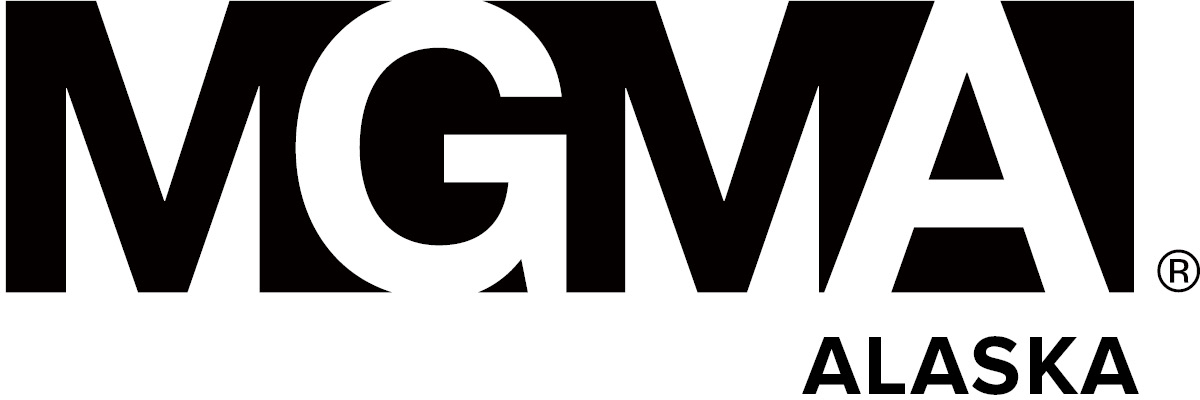5 Questions Practices Forget to Ask Their Answering Service
Here are the top 5 things that practices often forget to ask when evaluating a potential answering service partner:
It’s important that operators both speak professionally and knowledgeably and also be able to closely follow the triage script that has been provided to them by the practice.
Physician on-call schedules can change frequently as providers trade shifts and switch days. It’s critical that the answering service have a reliable method for both receiving, and distributing to its operators, the latest updates to a practice’s call schedule.
For practices that wish to have their on-call physicians texted, or “paged” in certain scenarios, rather than receiving a phone call, it’s essential that the answering service offer a reliable HIPAA compliant messaging system, or the ability to integrate with the tool already in use at the practice.
Often, a practice’s contract with a hospital includes an SLA related to response time to consult requests. When working with an answering service, it’s important that an escalation policy be established, and closely followed, so that operators ensure a physician receives and is able to respond to calls in compliance with the practice’s SLA at the facility in question.
Many practices accept payments for patient responsibility over the phone. A good answering service should have the willingness and ability to train its operators to process payments on behalf of the practice. Partnering with an answering service is a critical part of the operation of any successful medical practice, but choosing the right one to fit the specific needs of the practice can be extremely challenging. Need help evaluating an answering service? The team at H3 can help. Contact H3 today for a free consultation! |



